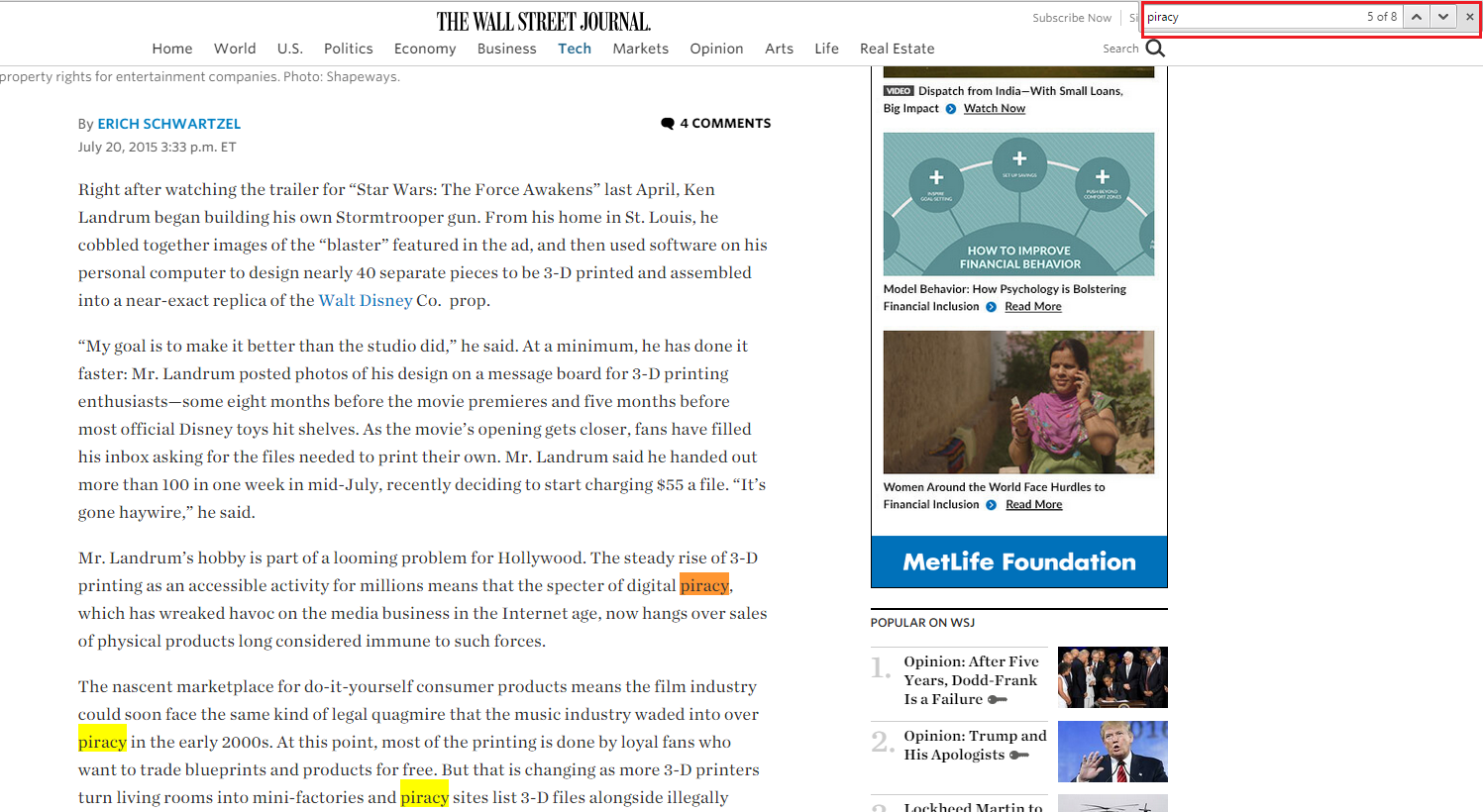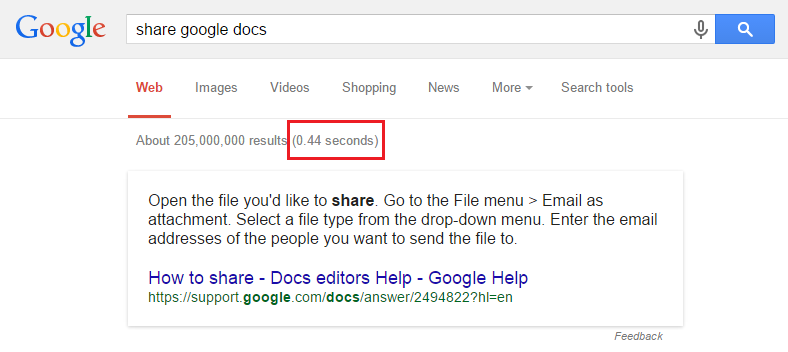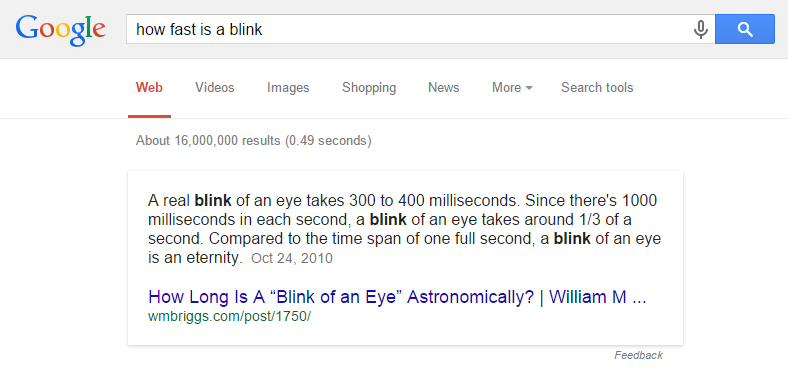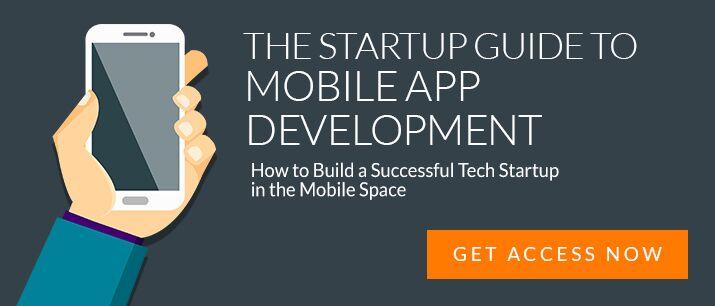Secret Google Hacks For A Life Of Fast Answers
Image source: Contently
Every so often I’ll come across an article claiming that Google has made us lazy skim readers who have forgotten how to think for ourselves. Deep thinking and interpretation has been replaced by the immediacy of the ‘power-browse’, where we simply scan headlines for the facts and get the hell out.
I’m just going to say now that I totally disagree.
I believe Google has made us infinitely more productive and eager to find solutions to questions that previously would have taken days to research in a public library, or alternatively, fallen into the ‘don’t know, oh well’ folder in the brain.
For the notoriously time-poor (startup founders, I’m looking at you), speed and efficiency on any activity is important.
What do you think is the number 1 predictor of startup success?
A) Having a helpful and knowledgeable mentor
B) Determination
C) Having a co-founder
D) Constant learning
The answer is…D.
(By the way, the other possible answers are all in the top 10 predictors of startup success according to the Startup Genome Report.)
Entrepreneurs who are consistently striving to ‘upskill’ are 3.5 times more likely to succeed than startup founders who don’t.
But when you’re building a business and having to juggle investors, launching, publicity, a lack of funds…You can see why learning new skills isn’t a high priority.
Life B.G. (Before Google) was an era of lost time, low productivity and human error.
If I sound overly dramatic, it’s because I am.
That being said, it’s incredible how far search engines have come in the last 20 years.
What I like about Google isn’t just the ability to quickly find results with one straight answer – what is the weather like today? How many people live in Bangladesh? What’s the average cost of home ownership in Sydney? (a lot).
It’s the access to other people’s ideas, ways of thinking, and resources.
It’s for this reason that Google is the learning entrepreneur’s best friend – a reliable side kick and 24 hour research assistant. Actually it’s better than an assistant, because you can erase your embarrassing search history.
But even though Google is the most popular and trusted search engine by far, people still aren’t using it to its full benefit.
As an obsessive Googler, here’s my advice to entrepreneurs for how to harness the power of Google and get smarter every day.
Develop a taste for learning
Source: Entrepreneur
When is it acceptable to give up the quest for an answer?
Don’t google that.
You’re an entrepreneur, the answer is never!
A.G., we have the world at our fingertips. So does this mean we now know everything?
Nope! We adapt, we adjust, we find new ways to procrastinate and new things to complain about.
It’s forgivable to not know the answer to every question, and to lack the expertise to succeed in every area.
But Google probably has some resources to make you more knowledgeable in that area, have you asked him?
Entrepreneurs who have a thirst for knowledge that can’t be quenched are those that succeed. There are so many databases, online courses and e-books free to the public – there’s never been an easier time to learn a new skill.
Of course, you still have to go through the hard slog of actually learning the things you Google.
The easiest way to make sure you are doing this is by having someone to hold you accountable.
Even if you don’t have anyone to do this for you, set your own deadlines or benchmarks to measure your performance. This essentially makes you accountable to yourself, and will ensure you always have a goal to work towards.
Want to learn the basics of website development for when your business finally gets up and running? Google some free guides and set an appropriate deadline to study them for.
Improve your market value
Another benefit of constant learning is it massively improves your market value.
The tech landscape is always evolving, so being able to adapt to changing circumstances is a valuable asset for any entrepreneur.
If you think this isn’t going to happen to your startup, you may want to think again. Startups that pivot once or twice have been found to raise 2.5 times more money, have 3.6 times better user growth and are 52% less likely to scale prematurely than startups that don’t pivot at all.
If you can only sell your product, you’re limited by your contribution. If you can also run operations, market your product and build relationships, you’re irreplaceable.
Get relevant results faster
Can you decode the searcher’s request from this image?
Source: Mashable
“New York Times articles on college test scores, but not the SATs, published between 2008 and 2010.”
How’d you do?
I know I’ve just introduced Google as this productivity machine, but if you’re wasting time searching for answers the wrong way, going back to refine your search, or just scrolling through and trying to manually pick out relevant words, you’re still being unproductive.
The web consists of 60 trillion individual pages. The search shortcuts shown above cut through the junk and help you find targeted, relevant answers to those burning questions.
Here are a few more of my favourite search hacks:
On-page search
Probably the most life-changing hack for researchers ever.
ctrl + F on Windows or command + F on a Mac will let you mine the web page you are on for search terms. Just type in any word or phrase for all instances to be highlighted.
Source: The Wall Street Journal
Select the address bar
Type ctrl + L on Windows or command + L to search Google using the address bar, rather than mousing up to the top of each page. Phew, that saved a lot of arm movement.
Open up a new tab
ctrl + T for Windows or command + T for Macs
Bring up the last closed tab
I’m guilty of having too many tabs open at once, so I’m always closing tabs I didn’t mean to.
Type ctrl + shift + T on Windows or command + shift + T on Mac to bring up the last tab.
Make questioning Google a habit
One of the greatest updates to Google in recent years was the ability to type questions or desired actions into the search bar. Google recognises that you’re looking for the answer, not for the keywords inside it.
While this was a hard hit to some companies’ web traffic, it makes the search process more streamlined.
It takes a bit of repetition to form the habit of using Google whenever a quick question comes to mind.
I’m not saying you should stop talking to people all together. Brainstorming, creating and looking at problems from different angles are all innately human qualities, which is why the biggest competitive advantage a business can have is its people.
What I am saying is you’ll be more productive if Google is your first port of call for a question that has a 1 sentence answer, rather than running to the person closest to you who you think will know.
Say you’re working on a document and need to share it with someone via Google Docs, but don’t know how. Computers are hard.
You could ask a colleague and interrupt their work, or you could google “share google docs”.
0.44 seconds! I got that result faster than blinking.
Actually, I just did a search and it wasn’t quite that fast.
I promise you’ll be getting into the habit of taking little questions into your own hands within 2 weeks, and you’ll wonder why you wasted so much time wondering about such trivial things in the first place. Google knew it all along.
Use Google Apps For Learning
I promise I have no affiliation with any Google apps! Google has an array of tools to improve your knowledge and productivity.
You’re probably already using Gmail, Docs and Calendar. Integrate these other apps into the mix and you’ll be a learning machine:
Source: InvasiveSpeciesIreland
A pretty basic one, but setting up Google Alerts for 1 or 2 niche topics helps you stay up to date on industries you want to become a thought leader of.
I have daily alerts set up for mobile tech and apps. It helps me scan the headlines for trending opinion pieces, press releases and product launches, delivered daily to my inbox and whenever I’m browsing online.
This app gives you a lot of flexibility to choose what content you’re getting and how often, so you’re not constantly being bombarded with notifications.
Google Alerts is awesome for content discovery in places I would never think to look – this morning I read a fantastic article on mobile health in The Times of Israel!
Source: Wired
If you’re serious about improving your research skills, A Google a Day is the game for you.
This app is self-described as “trivia with a twist”. Where you’d normally be penalised for googling the answer to a trivia question, Google encourages it.
Google gives you an obscure question to search the answer for in the fastest amount of time, encouraging you to share your answers, challenge friends and climb the leaderboard.
For example: For whom was the ship, on which the man who served as governor for 12 of the Massachusetts Bay Colony’s first 20 years sailed to the New World, named?
It’s a pretty nerdy game (and I don’t know anyone who plays it religiously), but it’s challenging and it will make you a faster and more accurate researcher.
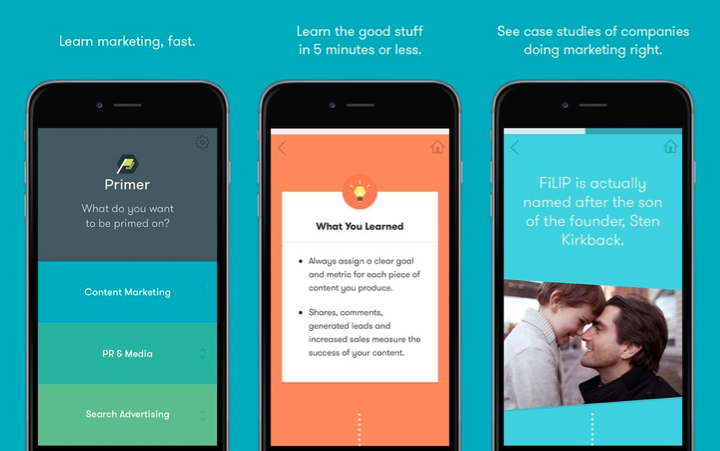
Source: Marketing Land
Launched in October 2014, this app is aimed at teaching young startups the basics for marketing a business in the digital age.
Its 5 minute “mini-marketing” lessons currently only cover search engine marketing, content marketing and PR, but Google says more are on the way.
It’s available for iOS and Android devices, and includes quizzes, case studies and nifty tips that you can access even while offline.
Definitely give this one a look if you’re a total newbie to marketing! The lessons are actionable and entertaining.
These are just a few of my favourite free Google apps that entrepreneurs especially will get a lot out of.
If upskilling is a goal of yours, and you want to be more productive, Google is a resource you’re probably underutilising.
Save brain real estate for the hard stuff and let Google do the rest.
Latest posts by Logan Merrick (see all)
- Ep 18: Collective Campus’ CEO on Intrapreneurship and Corporate Innovation - December 20, 2016
- 50 User Engagement Strategies For Planning Memorable Mobile Experiences - December 19, 2016
- Latest Data: App Monetisation Trends And Drivers 2015-2020 - November 25, 2016




